Scanning Around With Gene: When Knowledge Came from Books

“Ball of Fire” is a terrific 1941 Howard Hawks comedy starring Gary Cooper and Barbara Stanwyck. Stanwyck is an ultra-hip nightclub singer and gangster moll who falls in with a ragtag group of professors (led by Cooper) who have been holed up for years in a dusty Manhattan mansion writing the ultimate encyclopedia of knowledge. Cooper, the linguist of the group, starts out studying Stanwyck for her use of contemporary slang and ends up falling head over heels for her.
Cooper and Stanwyck were at their best, and there are a couple of wonderful nightclub scenes, including one where Gene Krupa plays Drum Boogie on a cocktail table using a matchbook. Here are a couple of stills from Ball of Fire.
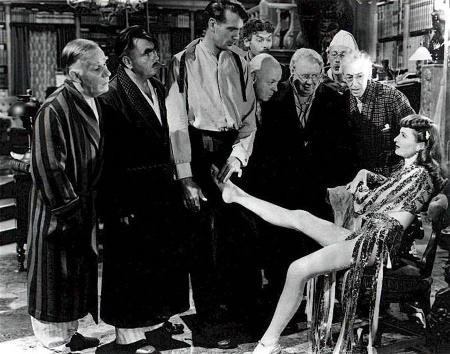
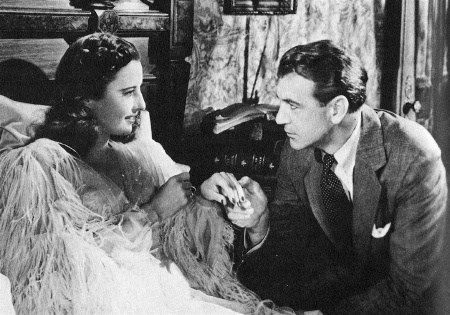
I don’t know if that’s how encyclopedias were really written in 1941, but it’s a great plot line that got me thinking about my own brush with encyclopedic knowledge. For generations of curious youngsters, paging through the family set of encyclopedias was their first exposure to the big wide world out there.


When I was a kid, we had a set of World Book Encyclopedias, thanks in part to a visit from the company to my grade school. I was in third grade and the sales representatives gave us some sort of test and free literature to take home to our parents. That, and a tiny little pin that said, “We Never Guess, We Look it Up!” Of course, I still have that pin.
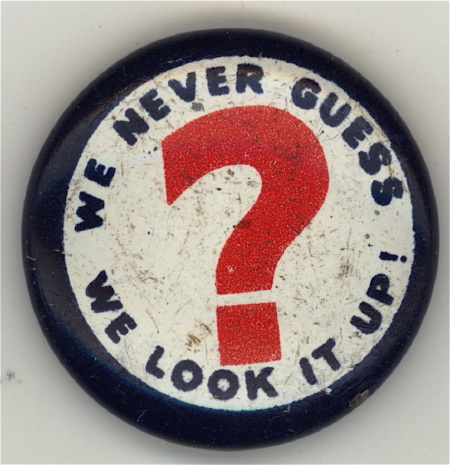
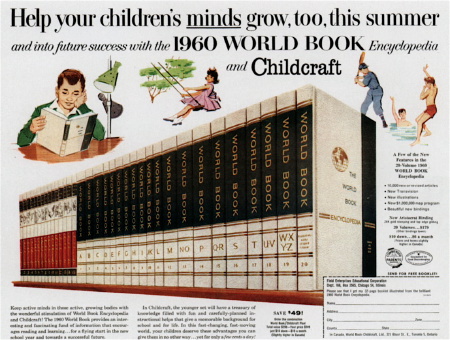
My parents bought the set, and I imagine the company offered easy payments. That was typical in those days because an encyclopedia set was expensive — close to $350 in 1962, and from some later ads I have it’s clear you could fork out $1,500 for a really good set of encyclopedias.
While our set came from World Book, the most popular publisher was Encyclopedia Brittanica.



Most encyclopedias were sold door-to-door in those days. Usually a parent sent in a coupon or called a number, then the company sent someone to discuss the merits of having such a wealth of knowledge right there in the house. Encyclopedia companies played off the guilt factor: Many ads showed the consequences of both good and bad study habits. There was nothing like a bad report card to spur sales!
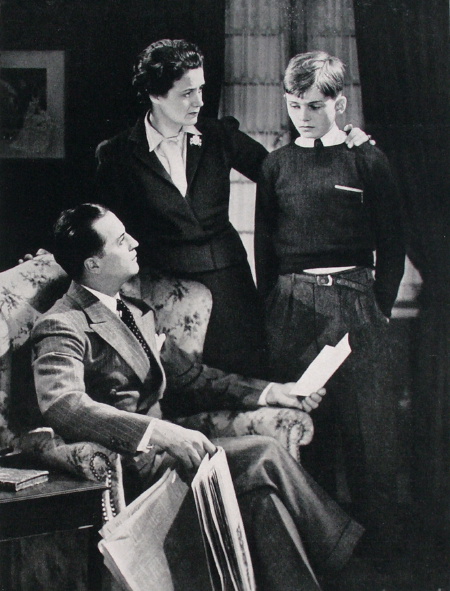
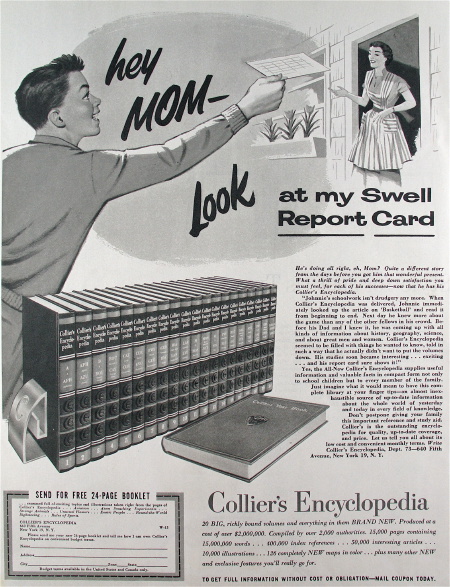


Knowledge is a pretty easy sell, actually. What parent wouldn’t want great books of knowledge around? And these sets weren’t marketed just for the kids. Here, in fact, is an encyclopedia set about raising the little tykes, and an ad promoting an encyclopedia as a romantic Christmas gift.
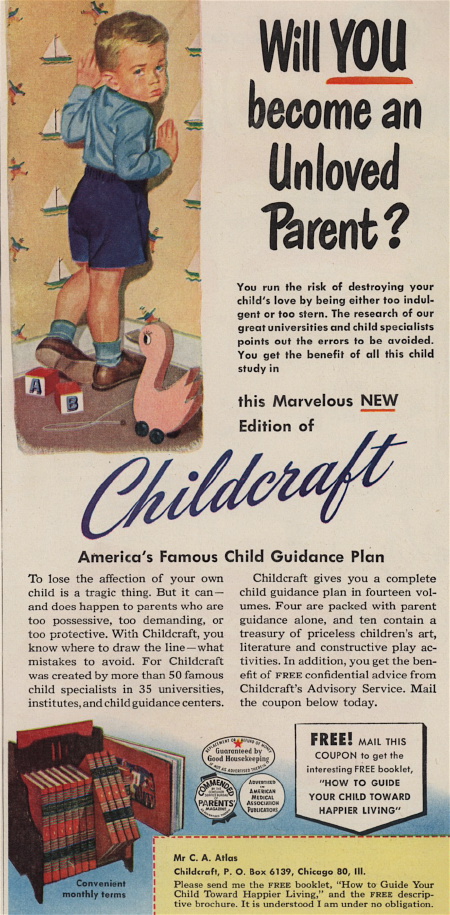
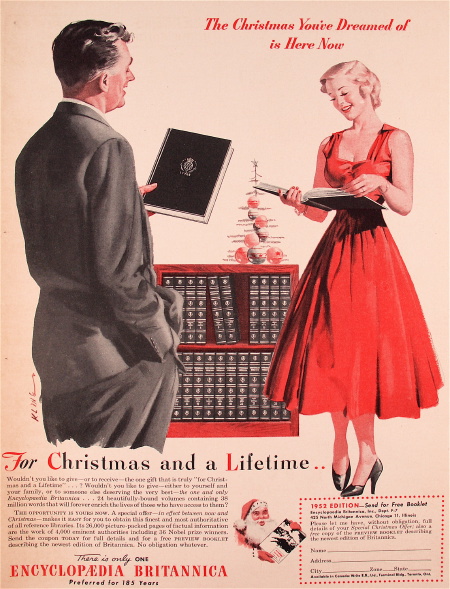
Having an encyclopedia in the home certainly was a plus. I spent hours paging through it. Today, of course, in-home encyclopedias are rare, and I wonder what the consequences are. You can argue that the vast amount of knowledge brought into the home through the Internet dwarfs these limited-volume and quickly-out-of-date print pubications.
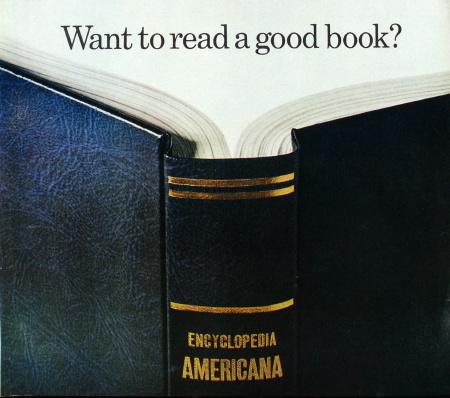


I think the concept of browsing has changed the most. When there’s too much information, as in the case of the World Wide Web, it’s more difficult to stumble onto things (at least things that are wholesome and educational).
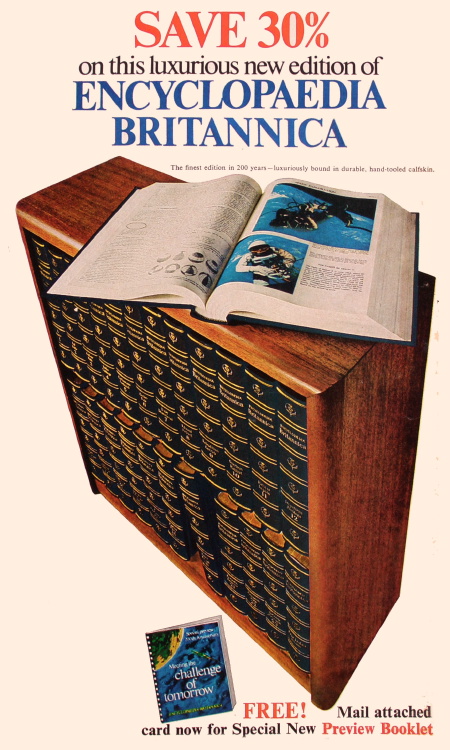

There was a certain satisfaction that came from realizing you could eventually learn most of it, starting with A and ending with Z. But that knowledge was filtered through the publisher. We’re better off in today’s world with its easier access to history and cultural perspectives from many sources.
I know kids spend just as much time in front of computer screen as I did on the den floor reading those World Books. I just wonder if they ever learn about the ore Bismuth just because it happens to fall between Bismarck and Bisson.
Please share your encyclopedia stories by clicking the Comments button, and tune into my weekly podcast by visiting Inside Digital Design or by looking me up on iTunes.
This article was last modified on May 18, 2023
This article was first published on December 5, 2008
Commenting is easier and faster when you're logged in!
Recommended for you
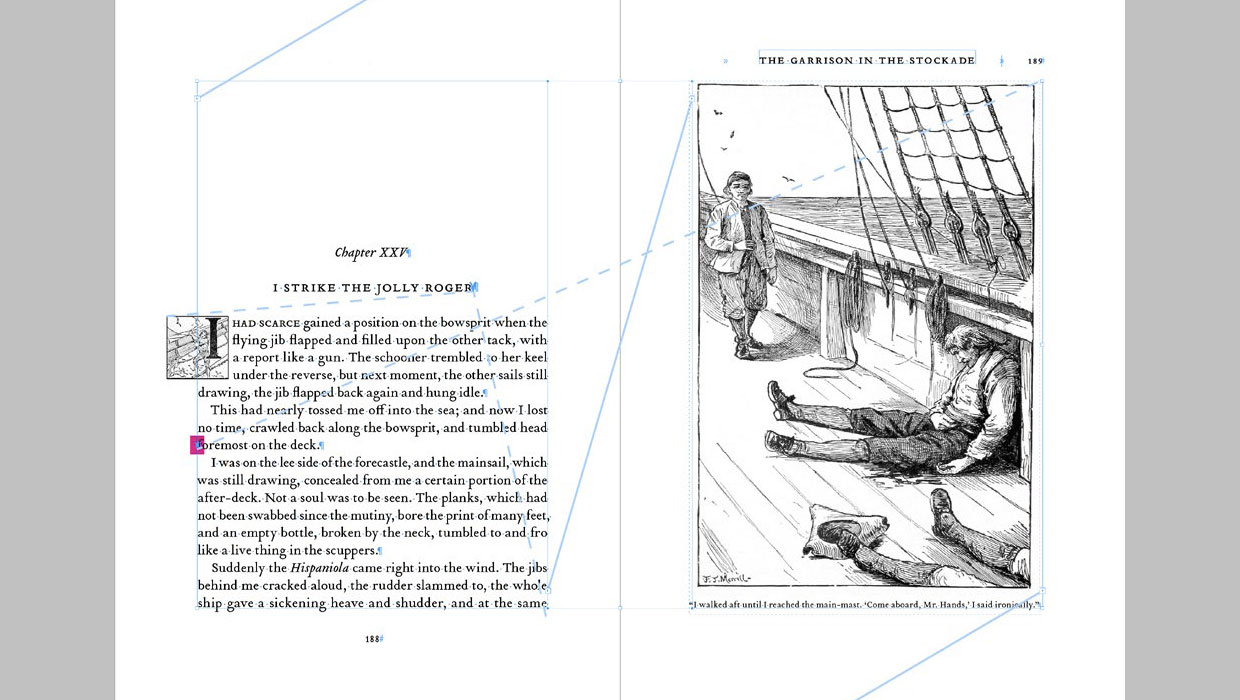
Designing Books
In in-depth look at the process of designing a book from start to finish, throug...
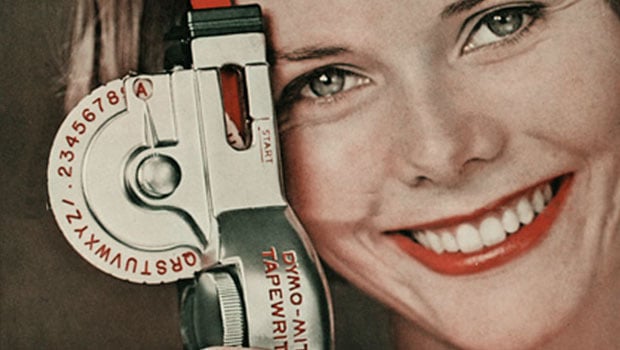
Scanning Around With Gene: Dymo-Mite! The Art of Labeling
I’m on a new (and what I hope will be final) kick in a lifetime of efforts...

Making Side Heads in InDesign
How to place headings in the margin-to the left or right of the main text column...



